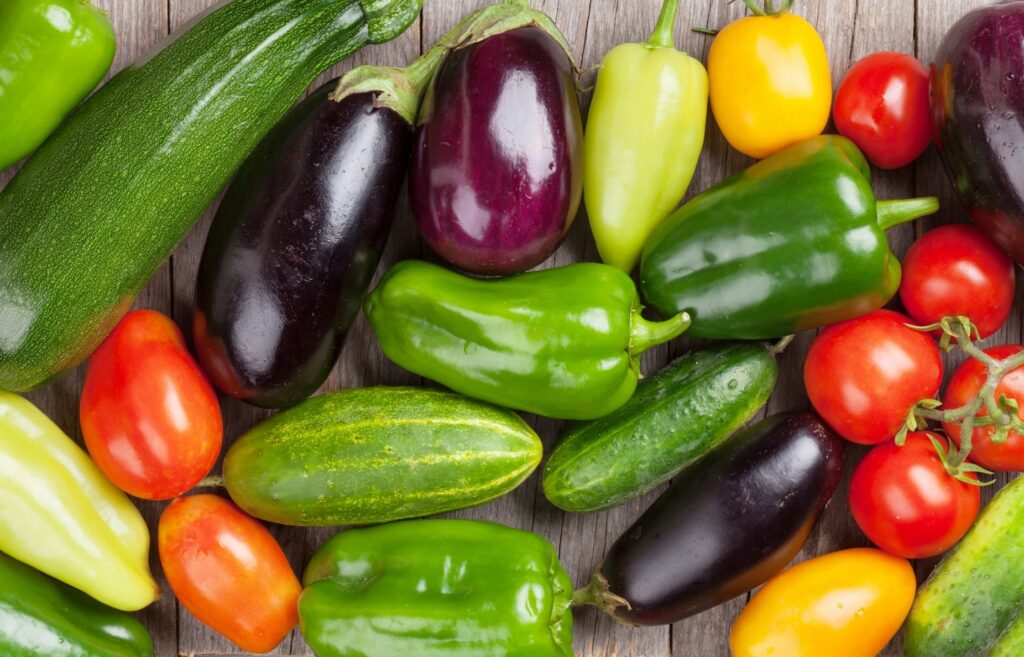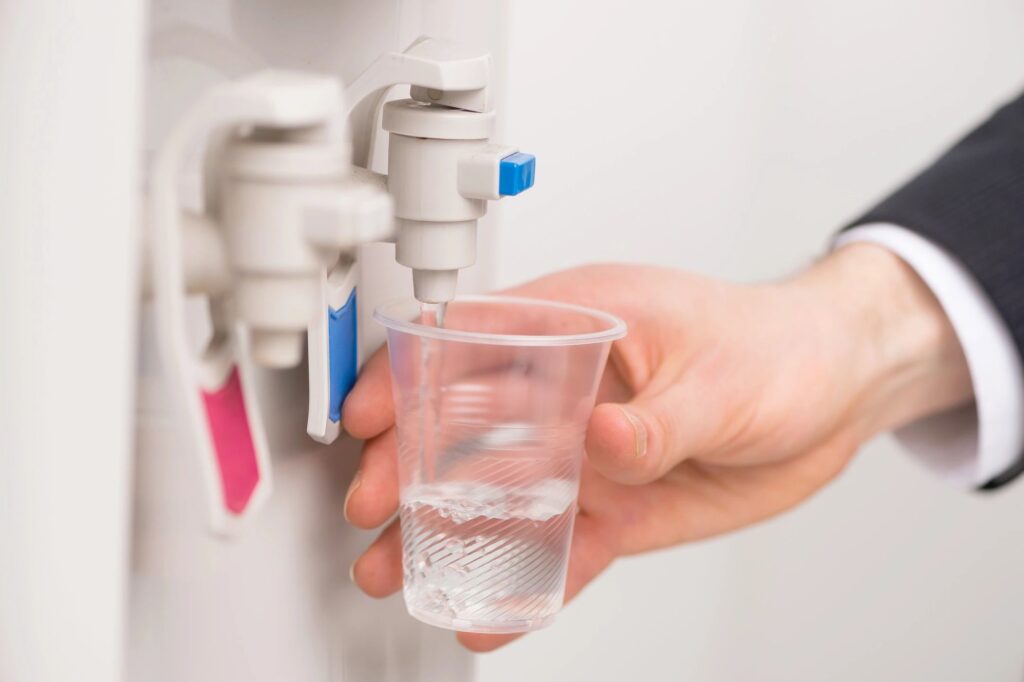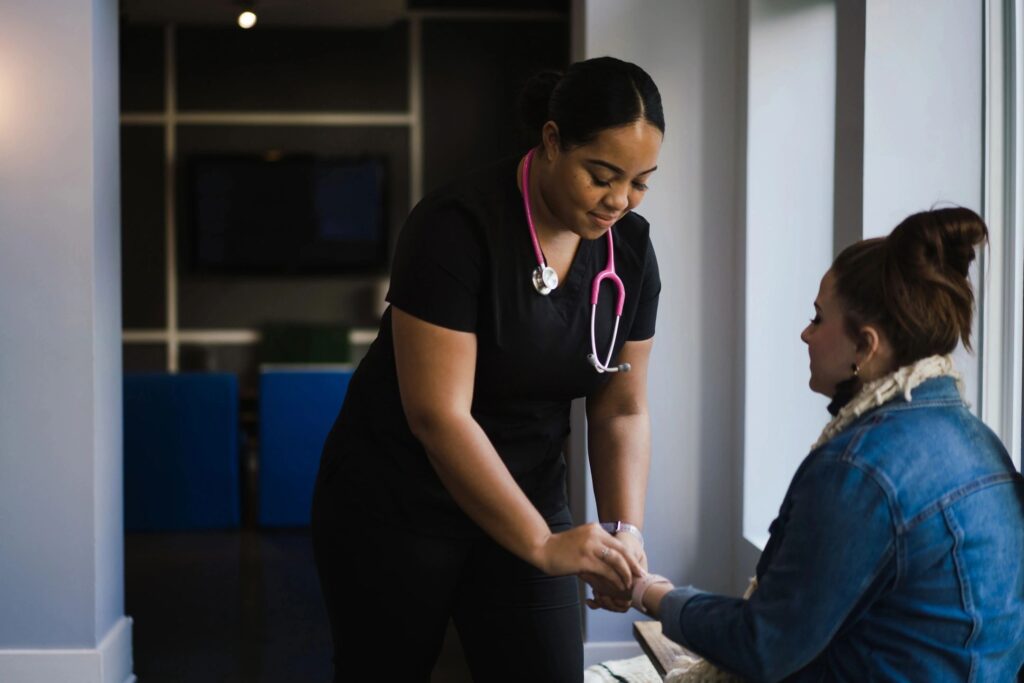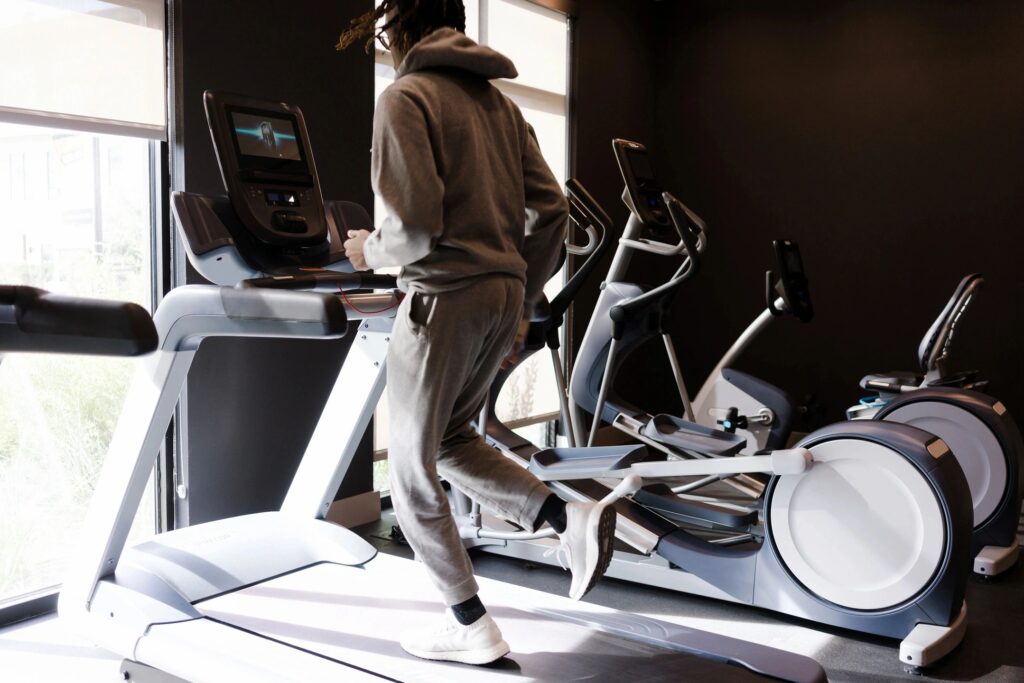Good Life Today is a brand new programme shown on Franca TV and Hosted by Professor Lady Ngozi Franca Okoye PhD. Make out time to watch. The show presents how to live a good life with the actions we take in our lives.
FRANCA BLOG
FEEL GOOD FACTOR TIPS
Wear a smile, say thank you, say please and say sorry.
How to live a great life.
Life is to be lived in your own terms and not how other people want you to live it. ……..To be continued.
Habits, health and happiness

HABITS, HEALTH & HAPPINESS
Although many factors are associated with an increased in colorectal cancer, and some hormone dependent cancers such as breast and endometrial cancers, it’s estimated that 30 percent of all cancers may be the result of our diet. Here are some tips to help you reduce your risk:
1. Achieve and maintain a healthy weight:
Obesity is associated with a marked increased in colorectal cancer, and some hormone dependent cancers such as breast and endometrial cancers.
2. Eat more fruit and Vegetables:
At least five portions of fruit and vegetable a day can reduce the risk of many different types of cancer. The exact reason for this is unknown, but it may be related to their fibre content, vitamins and minerals, other plant chemicals such as flavonoids, or the combination of all these nutrients. Vitamins and mineral supplements may be a useful addition to the diet for some people but they aren’t a substitute for fresh fruits and vegetables.
On average, most people need to eat about 50 pat cent more fibre than they currently. do to meet the recommended intake of l8g per day. Fibre is im5ortntto increase stool weight, which enables waste to pass easily from the body. A high fat diet is linked to an increased risk of chororectal cancer.
3. Antioxidant Nutrients
A vegetarian diet does not contain the nitrates and nitrites found in many meats that have been linked to cancer of the mouth, oesophagus, and stomach. Instead vegetables contain natural substances, called antioxidant nutrients, that protect against cancer. The most important antioxidant nutrients are the ACE vitamins- vitamins A, C, and E, and the mineral selenium. People who smoke, or who are exposed to a very polluted environment, require more antioxidant nutrients in their diet.
Sources of antioxidant nutrients which combat the free radicals that cause cancer, and which are widely found in a typical vegetarian diet include:
Beta-carotene – dark green, yellow, orange and red vegetables such as carrots, tomatoes, peppers, paw-paw, water melon and pineapples fruits, melons, berries, black currants, potatoes, green lea’ vegetables and tomatoes.
Happy Father’s Day 2021

Happy Father’s Day to all the amazing fathers . Enjoy your day and may you all continue to reap the benefits of your amazing hardwork.
DRINK UP FOR LIFE – Rehydrate for Great Intelligence

Practical tips to help your child do well in school
Do your child’s teachers say he/she’s finding it hard to concentrate in class? Before you start panicking about a future of failed GCSE, JSSC / SSCE or GCE and delinquent behaviour, give him/her a glass of water. Experts suspect that inadequate drinking facilities at schools could be affecting your child’s physical and mental health.
All children need to drink regularly throughout the day,” says Paediatric dietician Judy Moore, but recent surveys have revealed that one in ten schools has no between meals drinking facilities. And, where a water tap or fountain does exist, it’s usually in the toilets not the best place for a drink. This means many children have poor fluid intake during the school day.
So how much is enough? About six to eight glasses of water a day, according to the Paediatric Group of the British Dietetic Association and more in hot weather or after exercise. Less than that and a child can become dehydrated, a condition that can lead to dizziness, fatigue, headaches and constipation. Dehydration can also affect a child’s ability to concentrate: remember the brain is about 78% water, after all.

Some schools now allow pupils to keep water bottles on their desks with very positive results. The quest for good education in many develoed and developing countries meant that the learning day is now extended beyond 2.30pm.
The children who have adequate intake of water say they feel fresher and have fewer headaches. If your child’s school doesn’t allow drinking bottles, it may be worth raising the issue with the head.
NATURAL WAYS TO PREVENT DISEASES

—LIVE LONGER
How would you like to live longer and feel healthier?
- Control your weight, have the right weight, so that you are neither overweight or underweight.
- Establish regular eating habits with no snacking between meals. Learn and try not to eat late. Eat lots of fresh fruits and vegetables.
- Enjoy a hearty and well balanced breakfast. Breakfast is the most important meal of the day.
- Make your alcohol intake moderate
- Treat yourself with seven to eight hours of sleep every day. Afternoon and power naps also counts.
- Stay with a moderate and consistent exercise program
- Do not smoke
- Go for regular medical check ups.

These seven health habits will definitely make a positive impact on the quality and longevity of your life. But the eight golden laws of health will help you live even more healthily, and longer.
These eight natural remedies are: Pure Water, Fresh Air, Rest, Temperance, Sunlight, Exercise, Nutrition and Trust in God.
THINK FIT

Think F.I.T.
To make physical improvements, you need to work your body harder than usual. This is referred to as the overload principle. As your body becomes more conditioned, you need to increase the frequency, intensity, or time of your workouts in order to continue improving your fitness level.
Frequency: How often you exercise. For beginners, consider starting with 2-3 sessions per week.
Intensity: How hard you exercise. For example, the pace you walk or run, the amount of weight you lift, or your heart rate count.
Time: How long you perform an activity. ‘Time” can also refer to the number of sets or repetitions you perform in weight training.
KEEPING A COOL HEAD AT WORK.

ANGER Management
Did you know that in the average office, tempers flare every 60 minutes? Or were you too busy having an argument with that annoying colleague from accounts to notice?
Sometimes it gets even more serious. According to statistics, one in five people are now attacked or seriously verbally abused at work. As more people are going back to work after a long stay at home because of the pandemic, it is a good idea to keep a cool head. Many people are getting angered easily and the level of tolerance has declined but all in all it is good idea to remember that no situation lasts forever and that things will surely get better. Try to keep a cool head when others are loosing theirs and when some one is making you angry, try to walk away from the situation and give youself a ten minute break to calm down from the situation. That way you will avoid being angry and continue to put in your best at work.
Happy Easter.
Happy Easter to everyone. Easter is a time of renewal and a time to spring clean your life. It is a time to make out for family and not just a time to eat Easter eggs. Have fun with your Easter egg hunting.

